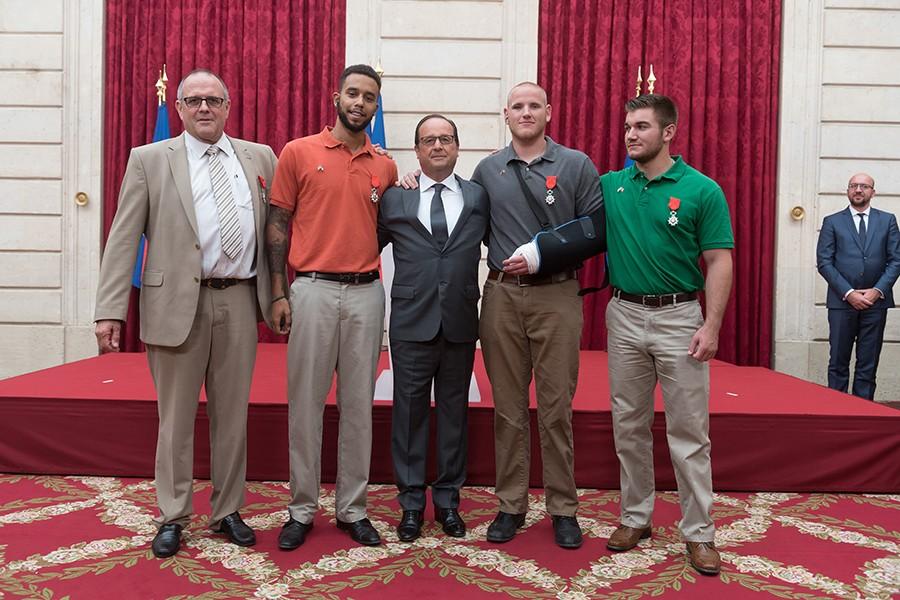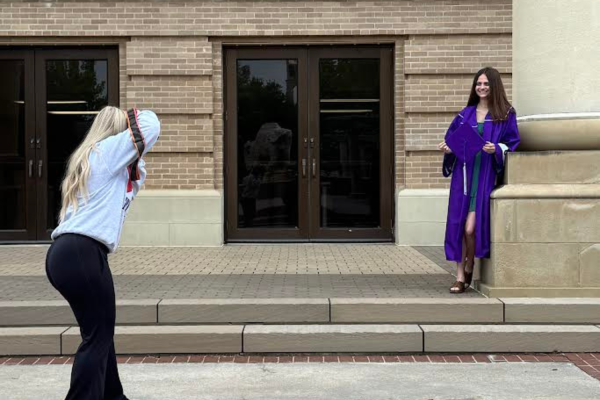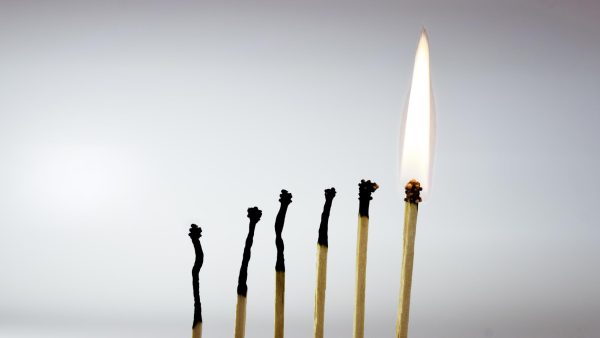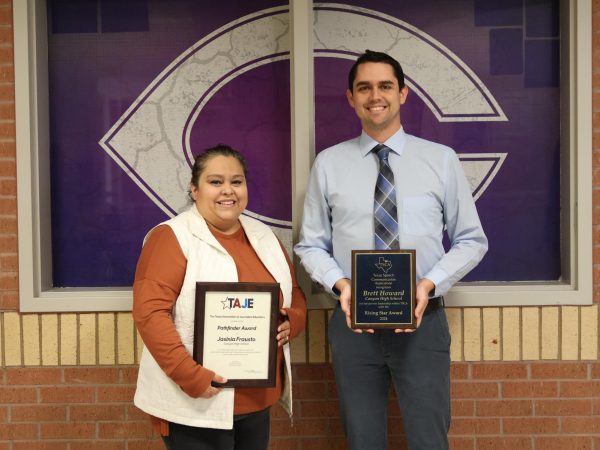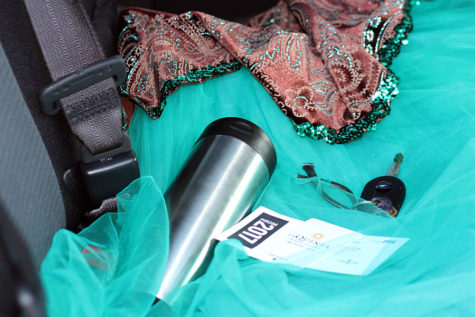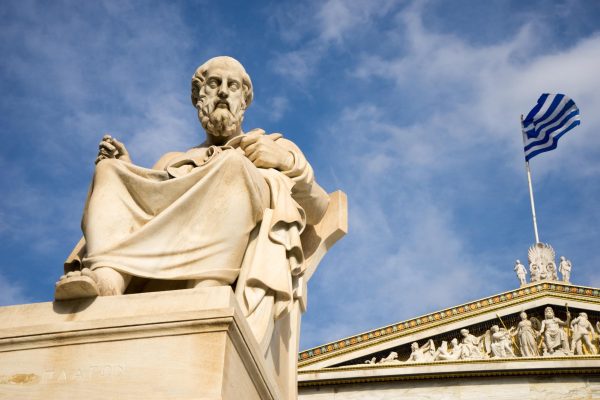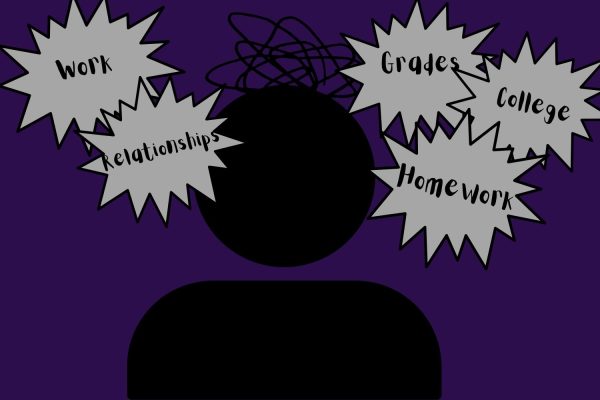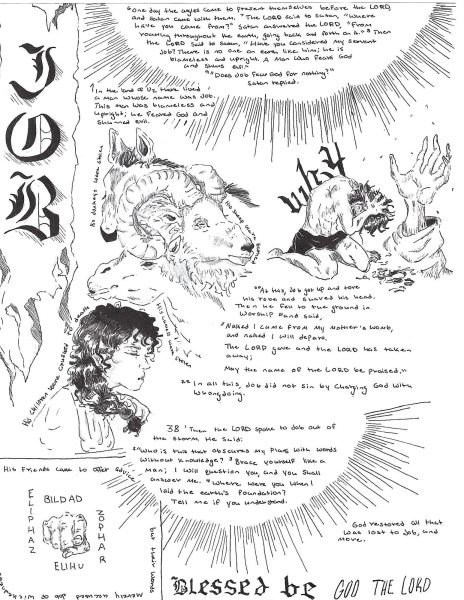A call to action: Step up. Save a life.
French President Francois Hollande, center, poses with British man Chris Norman, from left, and Americans Anthony Sadler, Spencer Stone and Alek Skarlatos during a ceremony at the Elysee Palace in Paris on Monday, Aug. 24, 2015. The four men were awarded the Legion of Honor medal for bravery after preventing a possible terrorist attack aboard a Thalys high-speed train en route to Paris from Amsterdam on Friday. (Witt-Messyasz/Abaca Press/TNS)
Silence. A train full of commuters, tourists, men, women and children merely going about with their everyday lives. One of these men will become an active shooter. Every other person in the train car will have the opportunity to stand up or to stand down. Five men will choose in a single moment to become heroes and save countless lives.
Airman First Class Spencer Stone, Oregon National Guard Alek Skarlatos, and Anthony Sadler of the United States all received France’s highest honor, the Legion of Honor, along with British consultant Chris Norman. French-American Mark Moogalian will receive the honor at a later date, as he is recovering from a bullet wound. The men each played a role in subduing Moroccan Ayoub El Khazzani, who allegedly planned to stage a terrorist attack on the train. Although Khazzani denies that he planned to do so, he was in possession of 300 rounds of ammunition, two guns and a knife.
Since the terrorist attack on Sept. 11, 2001 in the United States, Americans have been trained in schools and workplaces to handle a vast variety of hypothetical crises and emergencies. Many Americans, particularly the youth, practice similar responses to most of these hypothetical situations: run, hide and wait for help. This response is not at all detrimental, and has saved many lives. However, the event is just as likely that help cannot come, as is the case on a fast-moving and crowded train. In such events, running and hiding are not possible, and waiting for intervention might be the difference between life and death.
The three American men involved had no obligation to anyone else on the train. They were simply on vacation together. The obvious escape was to relocate quickly to a different car and avoid the skirmish altogether, leaving it to someone more legally bound, such as a train employee or law officer of some kind. Stone could have easily walked away from the incident completely unharmed. Instead, he returned home with multiple knife wounds, including a reattached thumb. He also returned home, however, with the knowledge that as a French-American stranger lie bleeding out nearby, he was able to ignore his own injuries, reach into the bullet hole, stop the bleeding and save the life of a man he had never met.
A situation does not often arise in which reaching into the wound of a stranger to save his life is a necessary action. Many would go as far as to say being in such a situation is impossible. Yet, 23-year-old Stone now has the experience, and he did what was necessary without hesitation. The situation may not present itself on a regular basis to a high school student to stop the bleeding of a gunshot wound, but there are other kinds of wounds that occur countless times every day.
Although a malicious high school student should by no means be paralleled to an active shooter, his or her words often serve the same purpose, along with occasional actions. Bystanders in these situations often respond similarly to the expected response in the presence of an active shooter. Some run, some hide, and some simply try to remain unnoticed, hoping the shooter will remain oblivious. Undoubtedly, one life would be saved by any of said responses, but that one life, or in less severe instances, that one person’s self-worth and dignity cannot be evenly balanced with the value of the lives of the countless potential victims.
The truly heroic response has not been taught, but has been clearly demonstrated by the five men involved in this evasion of tragedy, and by many men and women in recent years and throughout history. Even in foreign countries, the American spirit of duty and self-sacrifice proves to be pertinent. The mentality, however, is not exclusive to Americans. This near miss in France should serve as a call to every person everywhere to forget the self and intervene in every way possible when wrongdoing may occur. Whether the weapon in question fires a round of ammunition or a barrage of hateful words, something can almost always be done. There may not always be a medal or title to receive, but no amount of fame or gratification can compare to the value of human life.
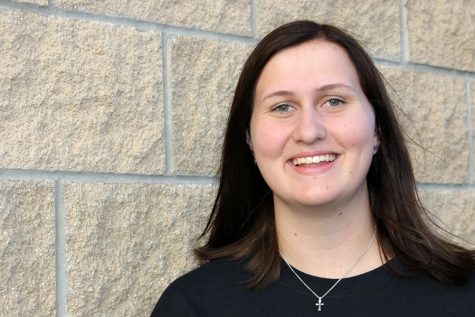
Hey! My name is Callie Boren, and I am Co-Editor-in-Chief of the Eagle’s Tale. This is my third and final year on staff. I am also the National Honor Society president, senior class president, an officer in the Chamber Choir, and a member of the UIL...

